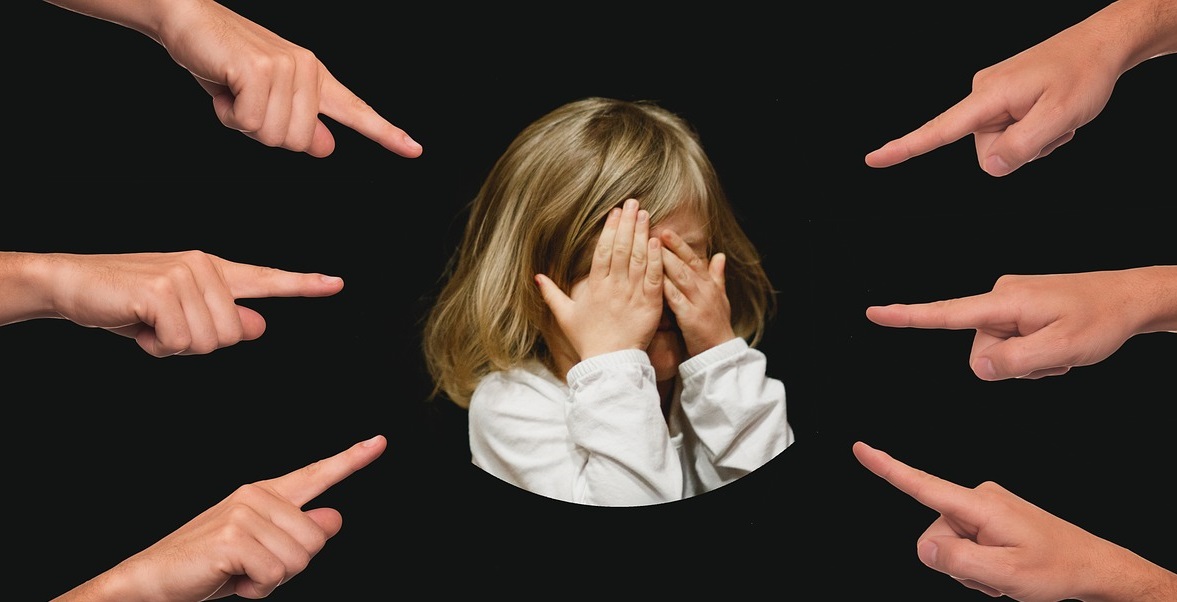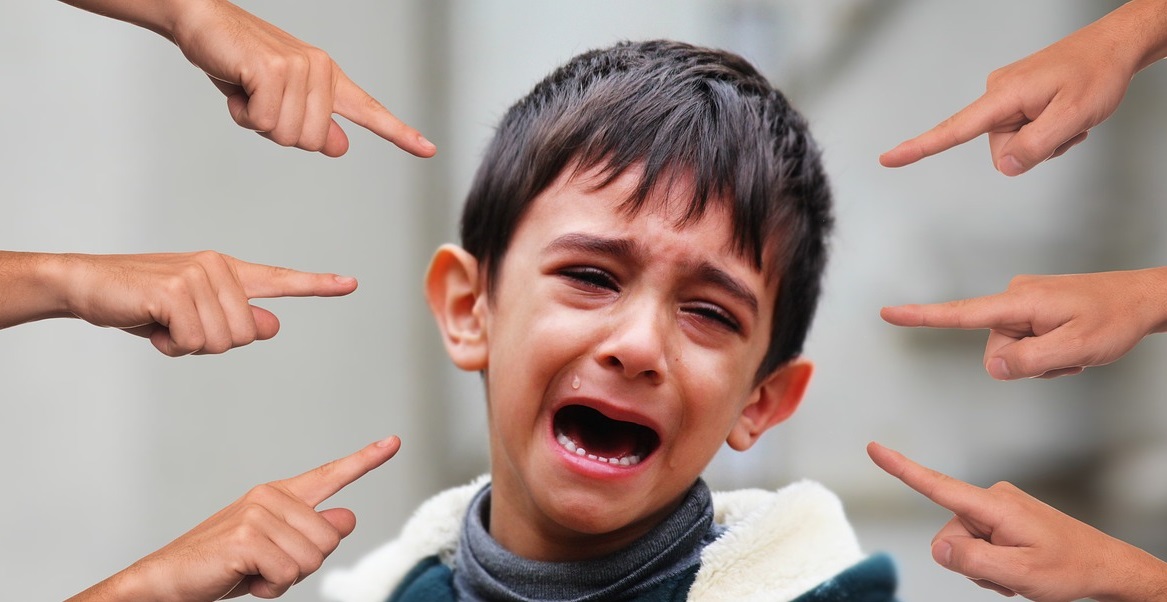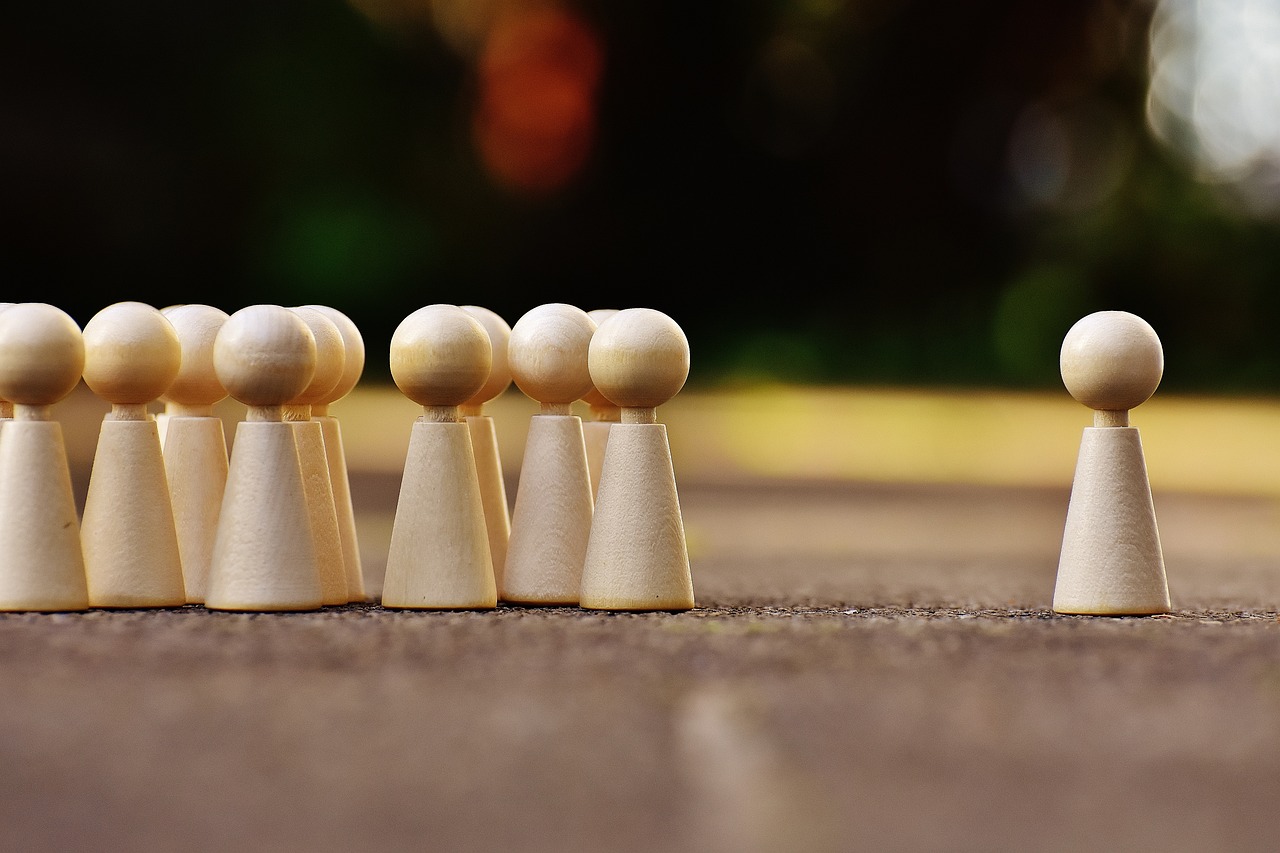I distinctly remember walking down the road from the railway station on the way home from school, the spit dripping down the back of my coat as the other boys spat huge gobs at my retreating figure.
 Steve Latham
Steve Latham
This was merely one episode in the bullying that followed me from primary school to secondary school. The whole experience informs my attitude to bullying and injustice to this day.
As a pre-pubescent boy, there was the usual rough and tumble. But there was also an added pressure – of violence, ridicule and exclusion. At times welcomed into the group of kids, at others, for no identifiable reason, shut out. And then the punctations of school-yard fights. Made fun or picked on, beaten up. The one time I actually won a scrap, people accused me of cheating, because I was wearing a cheap plastic ring, which may have helped to make his nose bleed.
I was glad, therefore, when I was selected to go to a different secondary school, away from the rough boys. And a period of relative peace ensued.
But then, their younger brothers came up to that school. They were younger, and should have therefore proved easy to handle.
 But I was a sitting target: a shy, withdrawn, reclusive, teenager – isolated, awkward, and not very good at making friends.
But I was a sitting target: a shy, withdrawn, reclusive, teenager – isolated, awkward, and not very good at making friends.
I did not know how to reply to their taunts, or their pushing and shoving. Journeys home were a nightmare. Salvation came when my family moved to a different house.
This meant that I was able to stop using the train. By using the bus instead, I was then able to avoid their attacks. Bullying is still a reality for many kids. I am told that girls do it more spitefully; using cutting remarks and exclusion, rather than outright violence – but just as damaging.
My wife now deals with it in her work as a school teacher. Patterns of exclusion and violence continue to make pupils’ lives miserable. Schools struggle to control it, even though they enact policies against bullying.
 Children are picked on for many reasons, perceived as not fitting in, being different.
Children are picked on for many reasons, perceived as not fitting in, being different.
It is not consistent. Opposites both attract attention. You can be too brainy or too stupid, kids with learning difficulties are particularly vulnerable.
One expert said, for example, that children with Aspergers are the bullied of the world.
But, those from different ethnic groups, gay students, the unsociable, can all be targeted.
And today, there is therefore a new level of depravity, as we sink into a technological equivalent of Dante’s hellish city of Diss.
Ubiquitous gadgets provide fresh avenues to penetrate the private world of teenagers, even when far from school, through texting, and cyber bullying, on their phones.
 As a youth worker, I had to deal with bullying by my club members. And subsequently I have also opposed government treatment of asylum-seekers and immigrants.
As a youth worker, I had to deal with bullying by my club members. And subsequently I have also opposed government treatment of asylum-seekers and immigrants.
Politically, therefore, the positive effect has been to provoke in me an attitude of opposition to all forms of discrimination. (The Prisma’s memoirs)
(Photos: Pixabay)












.jpg)












